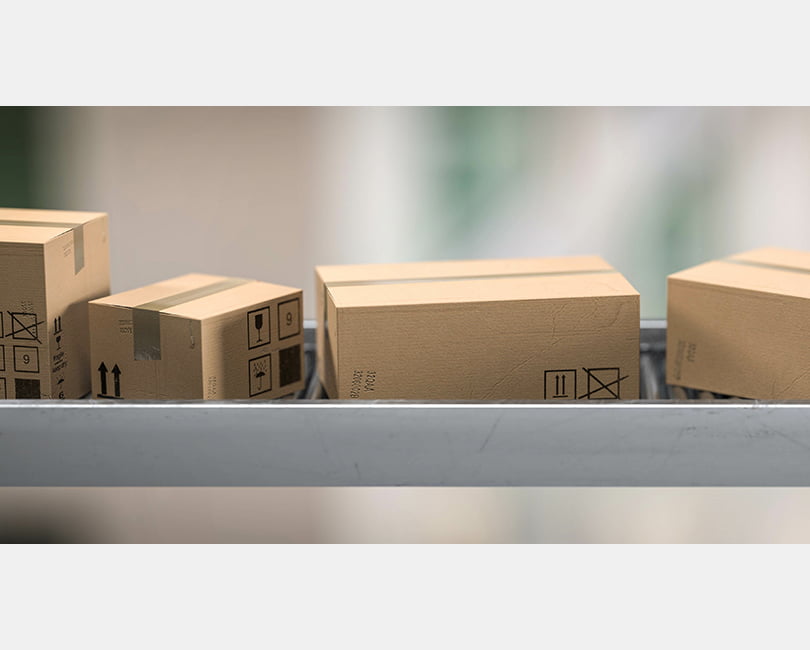Wayfair and the Impact on Out-of-State Manufacturing

There is still much talk about the 2018 South Dakota vs. Wayfair, aka “Wayfair” decision. It’s a case that is often misunderstood as only being of importance in a retail/e-commerce environment, and while it’s true that those areas may have spawned the decision, the impact of Wayfair is felt by many industries, including manufacturing. Here’s a brief refresher:
The Back Story
South Dakota v. Wayfair has its roots in the 1992 Supreme Court of the United States (SCOTUS) case North Dakota v. Quill. Quill had no physical location, employees, or inventory in ND, but it did sell office equipment in ND via catalog and direct mail advertising. ND argued that Quill established a physical presence by selling the product to ND customers. The SCOTUS concluded that a business whose contacts are by mail only lacks the physical presence required to charge, collect, and remit sales taxes.
Flash forward to 2018 and thanks to the internet, doing business looks very different than it did in 1992. Enter South Dakota v. Wayfair. This SCOTUS case ruling overturned Quill v. ND in June 2018. In 2016, SD passed a bill requiring out-of-state retailers to collect sales tax for the state. Following the failure to comply by several large retailers, including Wayfair, SD filed their lawsuit. The SCOTUS ruled in favor of SD, concluding that the physical presence sales tax nexus rule, last articulated by the SCOTUS in Quill, is “unsound, incorrect, and outdated.”
What’s Manufacturing Have to Do with It?
With sales tax nexus no longer based on the overruled Quill physical presence standard of 1992, out-of-state manufacturers that meet minimum standards may, in fact, be required to charge, collect, and remit sales tax. In many states, those minimum standards are either $100,000 in sales or 200+ transactions over a 12-month period. Because of the 2018 SCOTUS ruling, states have passed laws identical to SD’s to change their current definition of physical presence nexus, creating a sales tax obligation for out-of-state manufacturing companies. It’s just one example of how states are becoming more and more aggressive in generating revenue. Ironically, ND enacted new legislation the same afternoon that the SCOTUS ruled on SD v. Wayfair so they could begin collecting additional sales tax revenue as soon as possible. Most states have already enacted similar economic nexus standards, which don’t require the overruled Quill definition of physical presence and serve only as a numeric threshold of sales revenue.
The Impact
Whether you are selling to other manufacturers, retailers, or wholesalers, Wayfair does impact your business. An example is through obtaining sales tax exemption certificates from your customers. If you don’t practice active exemption certificate management, you are at risk of incurring a substantial sales tax liability from state taxing jurisdictions. Additionally, manufacturers who do not follow this practice can experience pushback from customers and potential buyers if they elect to sell their business. In the past, these exercises and taxes were often overlooked, but in 2019 sales tax is a significant area of focus for private equity firms during the due diligence phase. It’s simply not worth putting your future at risk. Today, manufacturing companies are facing increased sales tax compliance costs from more than just the 47 states that impose a sales tax. Now, many states permit their counties and municipalities to impose an additional sales tax. There are thousands of different taxing jurisdictions that a manufacturing company may encounter without ever setting foot in their state.
Next Steps
The coming months will prove to be very busy and full of complexities as manufacturers navigate these new taxing waters. Because of the magnitude of revenues missed by the states, enforcement dates of these newly enacted laws have already begun to take effect. Manufacturing companies are highly encouraged to start changing processes now to ensure compliance within each jurisdiction. Non-compliance results in significant penalties and interest, all of which are entirely avoidable. We invite you to join us for a complimentary on-demand webinar, Manufacturing & Wayfair: What You Need to Know, for additional information and insight into this topic.



